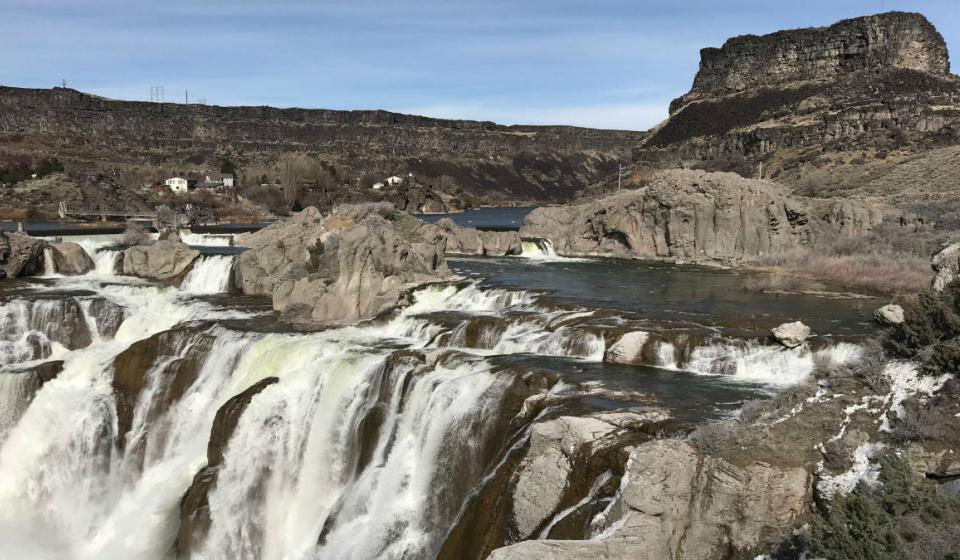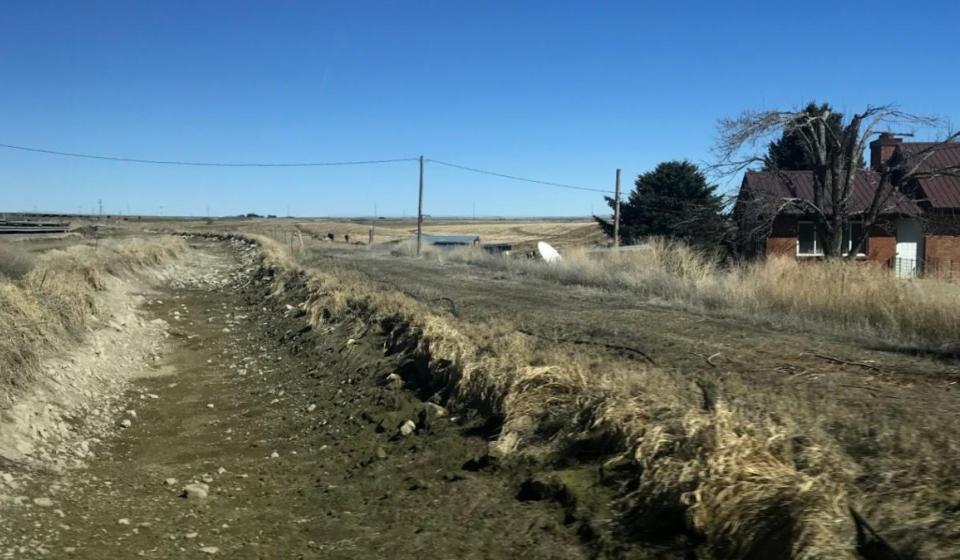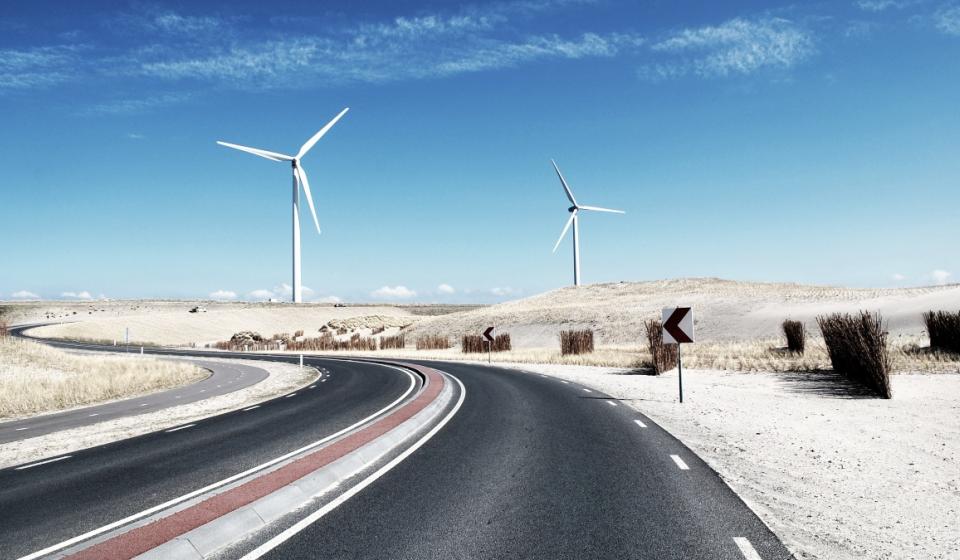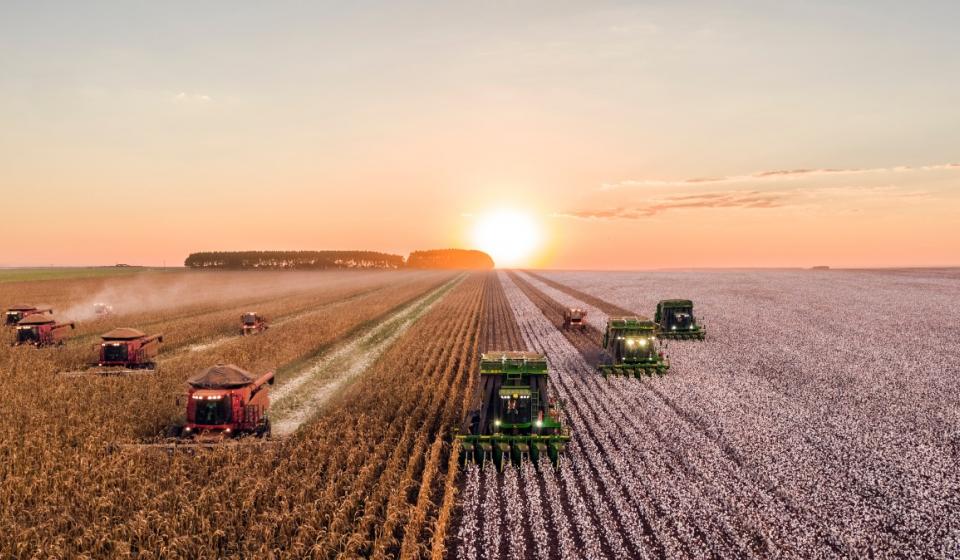EngageINFEWS Lightning Talks 2021
In 2021, researchers from around the country assembled to present lightning talks highlighting challenges and lessons learned from stakeholder engagement in Food, Energy and Water Systems (FEWS) projects. Browse the lightning talk library below:
Day 1: 24 Feb 2021
1. Ben Ruddell | FEWSION supply chain data science
2. Thomas Hertel | INFEWS/T2: Identifying sustainability solutions through global-local-global analysis of the coupled water-agriculture-bioenergy system
3. Bob Barron | INFEWS/T2 FEWtures: Innovation Analysis Framework for Resilient Futures, with Applications to the Central Arkansas River Basin
4. Adaline Buerck | Lead Mitigation Via An Interdisciplinary Perspective
Day 2: 26 Feb 2021
1. Seth Tuler & Charles Vorosmarty | Exploring scenarios of climate-induced extremes on the food, energy, water nexus (C-FEWS) and the role of engineered and natural infrastructure
2. Weston M. Eaton | Social science for stakeholder engagement: Methods and lessons from the Water for Agriculture project
3. Gal Hochman | The economics of direct nitrogen reduction technologies
4. Khara Grieger | Important lessons from stakeholder engagement
Day 3: 03 Mar 2021
1. Daniel Cronan | Tools of engagement
2. Leah Jones | Engaging stakeholders for integrated FEW nexus governance: The case of Phoenix, AZ
3. Glorynel Ojeda-Matos | Cross-cultural stakeholder engagement during the COVID-19 Global Pandemic
4. Jamie Trammell | Meeting stakeholders where they are: Engagement strategies from the classroom
5. Jessica Price | Cultivating an engaged stakeholder group: Learning from the Long Island solar roadmap
6. Meghna Babbar-Sebens | InterACTWEL cyberinfrastructure: Enabling stakeholder-driven processes for FEW nexus decision support in local communities
7. Valoree S. Gagnon | Prioritizing land and life in the Great Lakes Region
FEWSION supply chain data science
This presentation highlights FEWSION supply chain data science and how to view data in this context.
INFEWS/T2: Identifying sustainability solutions through global-local-global analysis of the coupled water-agriculture-bioenergy
This presentation highlighted the most important lessons learned including allowing stakeholder groups to be dynamic and engaged, listen, keep members informed, and take time for planning and reaching out individually to stakeholders to build and maintain relationships.
INFEWS/T2 FEWtures: Innovation analysis framework for resilient futures with applications to the Central Arkansas River Basin
This presentation gave an overview of FEWs research in the Central Arkansas River Basin and highlighted the most important lessons learned with this project. This includes showing the stakeholders the value of their time, use their time wisely and provide something to the stakeholders whether its networking or insight into new technologies.
Lead mitigation via an interdisciplinary perspective
This particular presentation discusses engagement with with local pump technicians, originations, and government in Tamatave, Madagascar to develop a sustainable solution to protect the health of engineers, social scientists, and community organizations through a social marketing campaign targeting pitcher pump technicians who manufacture, install, and repair the pumps. The presentation addresses the balance between scientific rigor vs. applicability at the field level and the concept of social desirability bias. Lessons learned are also discussed such as stakeholder and community engagement takes time and introduces new complexities but it well worth the effort.
Exploring scenarios of climate-induced extremes on the food, energy, water nexus (C-FEWS) and the role of engineered and natural
This presentation highlights important lessons and challenges related to the researchers specific FEWs project including seeing a strong interest in opportunities to learn from integrated models, developing scenarios that address stakeholder interests and can be investigated with existing suite of models, linking scales of interest and the C-FEWS integrated modeling system, and reducing complexity of models and outputs.
Social science for stakeholder engagement: Methods and lessons from the Water for Agriculture project
This presentation addresses how social science for stakeholder engagement requires marrying objective agenda with action-orientated agenda. Interviews for baseline data are about relationship building to manage uncertainty of group formation. Focus on process vs. outcomes, study engagement needs to manage timing, time requirements, data ownership, and “guinea pig” syndrome.
The economics of direct nitrogen reduction technologies
This presentation discussed the collaborative research that took place related to FEWs and the stakeholder engagement involved within the specific project and highlighting the most important lessons learned. Methods include being flexible and adapt to changes and feedbacks as well as the importance of communication, listening and relationship building.
Important lessons from stakeholder engagement
This presentation discussed the importance of network connections and relationship building, and no one size fits all approach so be flexible and adaptive. Both of these lessons take time and dedicated resources. Culture and gender barriers is another challenge discussed.
Tools of engagement
This presentation discussed stakeholder engagement in the Magic Valley, Idaho through the interactive process using various modeling tools to represent research and solutions.
Engaging stakeholders for integrated FEW nexus governance: The case of Phoenix, AZ
This presentation discussed research related to stakeholder engagement where the goal was to create an integrated model that can be used by stakeholders as a decision-making toll for FEW nexus interactions through focus groups and interviews. Lessons learned were addressed such as building a social network and leverage your connections, use relevant language, remember to include all stakeholders in the room, and let people talk.
Cross-cultural stakeholder engagement during the COVID-19 Global Pandemic
This presentation discusses communication and facilitating meetings with stakeholders remotely during the pandemic to collect data relevant to the FEWs project, addressing the advantages and disadvantages.
Meeting stakeholders where they are: engagement strategies from the classroom
This presentation highlighted stakeholder engagement in the Magic Valley, Idaho and discussed the most important lessons learned including approaching stakeholders as you would a classroom, be cognizant that roles will likely change, technology can be a barrier to some, help them see the agency in which they can impact the future etc.
Cultivating an engaged stakeholder group: learning from the Long Island solar roadmap
This presentation discussed engaging with stakeholders across New York to identify challenges and solutions for advancing solar energy while addressing the key ingredients to successful stakeholder engagement and other considerations.
InterACTWEL cyberinfrastructure: Enabling stakeholder-driven processes for FEW nexus decision support in local communities
This specific presentation discusses the InterACTWEL project that aims to empower ruler-urban communities in watershed. The project coordinates and plan adaptation strategies for responding to stresses and changes to water, energy, and land resources By providing data-driven services for FEW actors to simulate, visualize, evaluate, and share multi-sectoral adaptation actions that reduce their vulnerability to stresses. The presentation highlights how the project enables stakeholder driven processes in adaptation planning as well as touching on the co-production of knowledge in these settings. It further highlights conceptual systems and workflow vision as well as lessons learned and future directions of the project.
Prioritizing land and life in the Great Lakes region
This presentation focused on engaging with stakeholders for prioritizing land and life in the Great Lakes region. It discussed important lessons for engaging with/by/as research partnerships. This includes prioritizing land and life by being thoughtful and intentional, being deliberate and make evident your goals, and use academic and scientific tools, methods and resources for protection, restoration and revitalization. Another important lesson is to understand your topic, project, stakeholders and self.




